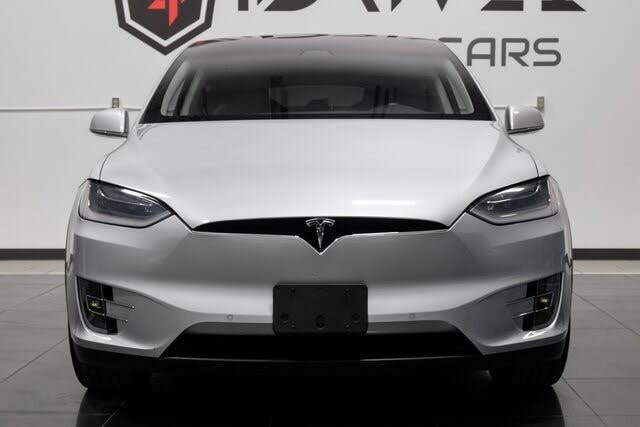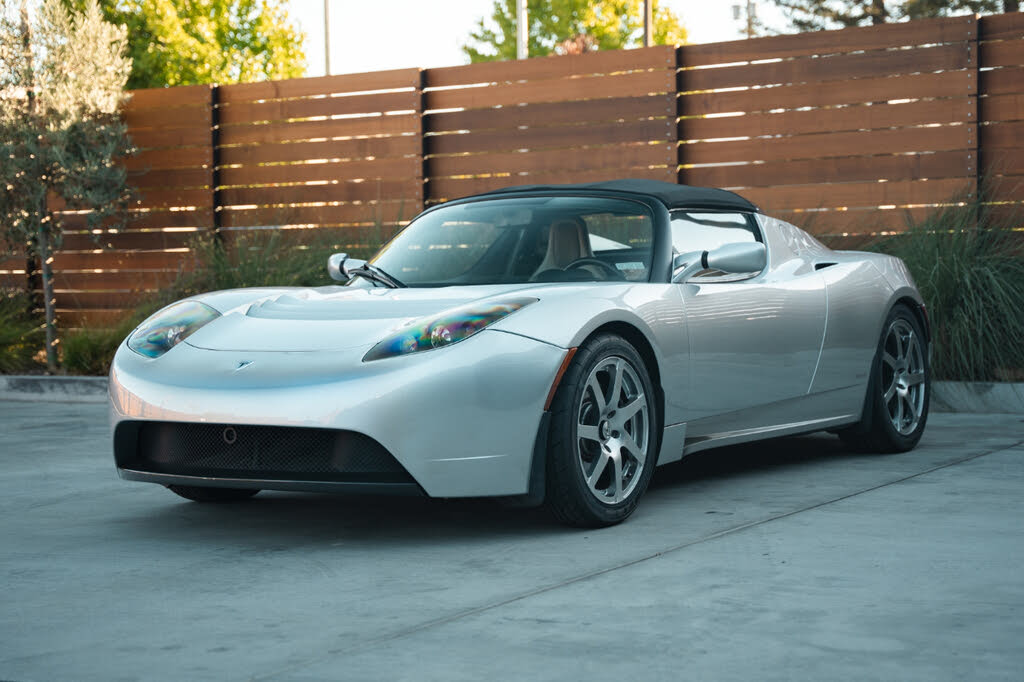Home > News & Blogs > Electric Car Battery Lifespan: What to Expect & How to Maximize It
Electric Car Battery Lifespan: What to Expect & How to Maximize It
How Long Do EV Batteries Last? Understanding Degradation & Longevity
How Long Does an Electric Vehicle Battery Last?
For many prospective electric vehicle (EV) buyers, a common concern is battery longevity. Since the battery pack is the core component of an EV and the most expensive to replace, understanding its lifespan is crucial. The good news? Most EV batteries are built to last the lifetime of the vehicle.
According to research and real-world data, an EV battery can last well over a decade with minimal degradation. Many manufacturers provide warranties that cover at least eight years or 100,000 miles, ensuring peace of mind. With proper care and usage, batteries can even surpass 200,000 miles while retaining significant capacity.
--TOP ADVERTISEMENT HERE--
How Do EV Batteries Degrade Over Time?
Battery degradation refers to the gradual loss of an EV battery’s ability to hold charge and deliver power. Unlike complete failure, which is rare and often covered by warranties, degradation happens naturally over time.
EV batteries operate by moving lithium ions and electrons between cells. Several factors affect degradation, including charging habits, environmental conditions, and vehicle usage. While all batteries degrade over time, the rate is not linear. Typically, an EV experiences an initial reduction in range within the first 20,000 miles, after which the decline slows significantly.
What Factors Affect EV Battery Degradation?
- Fast Charging: Frequent use of DC fast chargers increases heat and stress, accelerating degradation.
- State of Charge (SOC): Keeping the battery between 20%-80% rather than full charges helps maintain longevity.
- Temperature Exposure: Extreme heat accelerates degradation, while cold temperatures temporarily reduce range but do not cause permanent damage.
- Usage Patterns: Frequent deep discharges and rapid acceleration put additional strain on battery cells.
- --FIRST CONTENT ADVERTISEMENT HERE--
How to Extend EV Battery Life
While some battery degradation is inevitable, EV owners can take steps to slow the process and maximize battery life:
- Limit Fast Charging: Use DC fast charging sparingly, reserving it for road trips or emergencies.
- Avoid Deep Discharges: Recharge the battery before it drops below 20% to reduce strain.
- Store at Moderate Charge Levels: If parking for an extended period, keep the charge around 50%.
- Minimize Exposure to Heat: Park in shaded areas or garages during hot weather.
- Use Scheduled Charging: Some EVs allow scheduled charging to optimize battery health.
-
EV Battery Warranties: What You Should Know
Most automakers provide warranties for EV batteries, typically covering eight years or 100,000 miles. Some brands offer warranties that guarantee the battery will retain at least 70%-75% of its original capacity over the covered period.
When purchasing an EV, checking the battery warranty terms is crucial. Extended warranties and degradation guarantees provide additional reassurance.
--SECOND CONTENT ADVERTISEMENT HERE--
Buying a Used EV: How to Check Battery Health
For those considering a used electric vehicle, battery health is more important than mileage. A lower-mileage EV could have significant degradation if it was frequently fast-charged or exposed to extreme temperatures.
Ways to assess battery health include:
- Request a Battery Health Report: Services like Recurrent provide battery health reports based on real-world data.
- Check the Estimated Range: Charge the EV to 100% and compare the displayed range with its original EPA estimate.
- Test Drive the Vehicle: Observe how the battery drains during normal driving conditions.
- --FOURTH CAR LIST HERE--
Will EV Battery Replacements Become More Common?
While most EV batteries last the lifespan of the car, some may eventually need replacement. Battery replacements are already available in the secondary market, often using packs salvaged from totaled vehicles.
As the EV market matures, battery replacement costs are expected to decline. Additionally, emerging technologies such as solid-state batteries promise even greater longevity and efficiency.
--THIRD CONTENT ADVERTISEMENT HERE--
The Future of EV Battery Technology
Ongoing research is leading to advancements in battery technology, including:
- Solid-State Batteries: These offer higher energy density and improved lifespan compared to current lithium-ion batteries.
- Recycling and Repurposing: Companies are developing processes to recycle old EV batteries for use in energy storage systems.
- Better Charging Management: AI-driven battery management systems optimize charging patterns to reduce degradation.
- --FIFTH CAR LIST HERE--

Motorvero Richy
Last Updated On Feb, 27-2025







